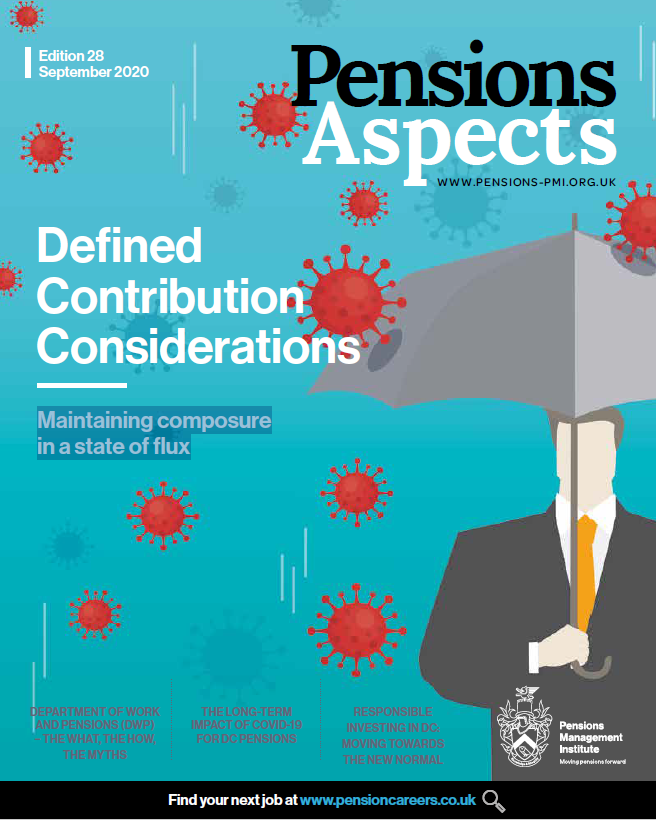
Covid-19: the effect on low earners and young workers
As data continues to be released relating to the economic impact of Covid-19 there is a clear indication that there has been a significant impact on lower earners.
The Institute for Fiscal Studies, in its analysis of the current impact of Covid-19 on job losses, has reported that there is ‘a remarkable concentration of younger and lower-paid workers in the sectors most affected’. The think tank, the Resolution Foundation, analysed data relating to workers who either lost their job or were furloughed. They found that in the lowest fifth of earners 30% had been impacted in this way. By contrast, in the top fifth of earners, the figure was only 8%.
There are concerns that this is more than a short-term blip, and is the beginning of a wider structural adjustment to the economy which will

make some types of business models less viable. High street retail and restaurant chains rely on physical footfall at their sites and employ a proportionately larger amount of lower earners than many other sectors.
Lower earners represent a range of different demographics. There are those who will work in lower earning roles for a long period of time, those working in this capacity temporarily whilst they study, people working reduced hours as they care for young families, and many other types as well.
Where income has been hit, then pensions - as essentially deferred income - are necessarily hit too. As an industry we have become used to extolling the virtues of building a savings habit. But in these extraordinary times there are many people for whom that will have to take a pause. What we can do is use this opportunity to make the changes that are necessary to take down barriers and inequalities for lower earners.
One example of this is the current system of tax incentives for contributions. The Budget 2020 announced a consultation on this, and there is currently a ‘call for evidence’ from the Treasury. Tax incentives are needlessly complicated to the point at which they are not understood. When auto enrolment was first being introduced it was often articulated as being a simple 4% + 3% + 1% model - with 4% coming from the employee, 3% from the employer and 1% from the taxman. This has not proven accurate for large cohorts of people. Lower earners are treated differently depending on the type of tax relief that is operated by the scheme they use. There isn’t a level playing field for low earners when it comes to schemes that operate on ‘relief at source’ and those that operate on a ‘net pay’ basis. The tax incentive should be a silent component of the build up of savings, but instead becomes uneven and muddled.
Those who have worked a succession of several lower paid jobs will soon find themselves holding a number of small pots as a result of being auto-enrolled for each period of employment. Where flat rate charges are applied to more than one pot then this can be overly punitive to the member. It will be difficult to keep track of all of these accounts, made all the more difficult as providers inevitably merge, sell books of business to one another, or rebrand. Frankly, where a pot is small then it will be difficult for many people to find the motivation to actively manage this. As an industry we need a way to make this much easier for people.
The Work and Pensions Committee has turned its attention to this issue. In an open letter to the industry written in July, resolving the issue of small pots was said to be important in ‘enabling a sustainable, competitive market for lower paid employees’.
An interesting comparison can be seen in Hong Kong, which has had an automatic enrolment system now for over 20 years through its Mandatory Provident Fund (MPF) system. The regulator - the MPF Authority - is now in the process of introducing a new centralised digital platform. This will enable savers to log into a single account and see the pots that they have accrued over the past 20+ years of employment across all their MPF providers. This will go beyond the UK’s ‘Pensions Dashboard’ concept, by allowing members to instruct tasks such as switching funds and transferring from one pot to another within a single digital platform. This progressive change will no doubt make it easier to track and manage small pots. The UK could learn a lesson here. For a lower earner, contributions in each payslip may seem small, but by having the amassed accounts visible in one place the ordinary worker can see ‘how far that little candle throws his beams’.
For those who have taken a career break, for example to provide childcare, then even the process of making up missing National Insurance contributions can be complex. NI credits are given to non-working parents who are claiming Child Benefit. Yet not all parents are eligible for Child Benefit. This leads to a muddled process in which non-working parents that are not eligible for Child Benefit should make a claim for Child Benefit in order to get the recognition of NI contributions for State Pension purposes, and then later pay back the Child Benefit they have received through additional tax. If a process was being designed with a blank sheet of paper, then it would not look like this!
It is encouraging to see some focus turning towards addressing the intricacies of our pensions system that currently work against lower earners. Members actively choosing to save will remain the best way to solve a future pension crisis, but this has to be within a framework that is clear and equitable for all.
Last update: 26 February 2021
You may also like:



